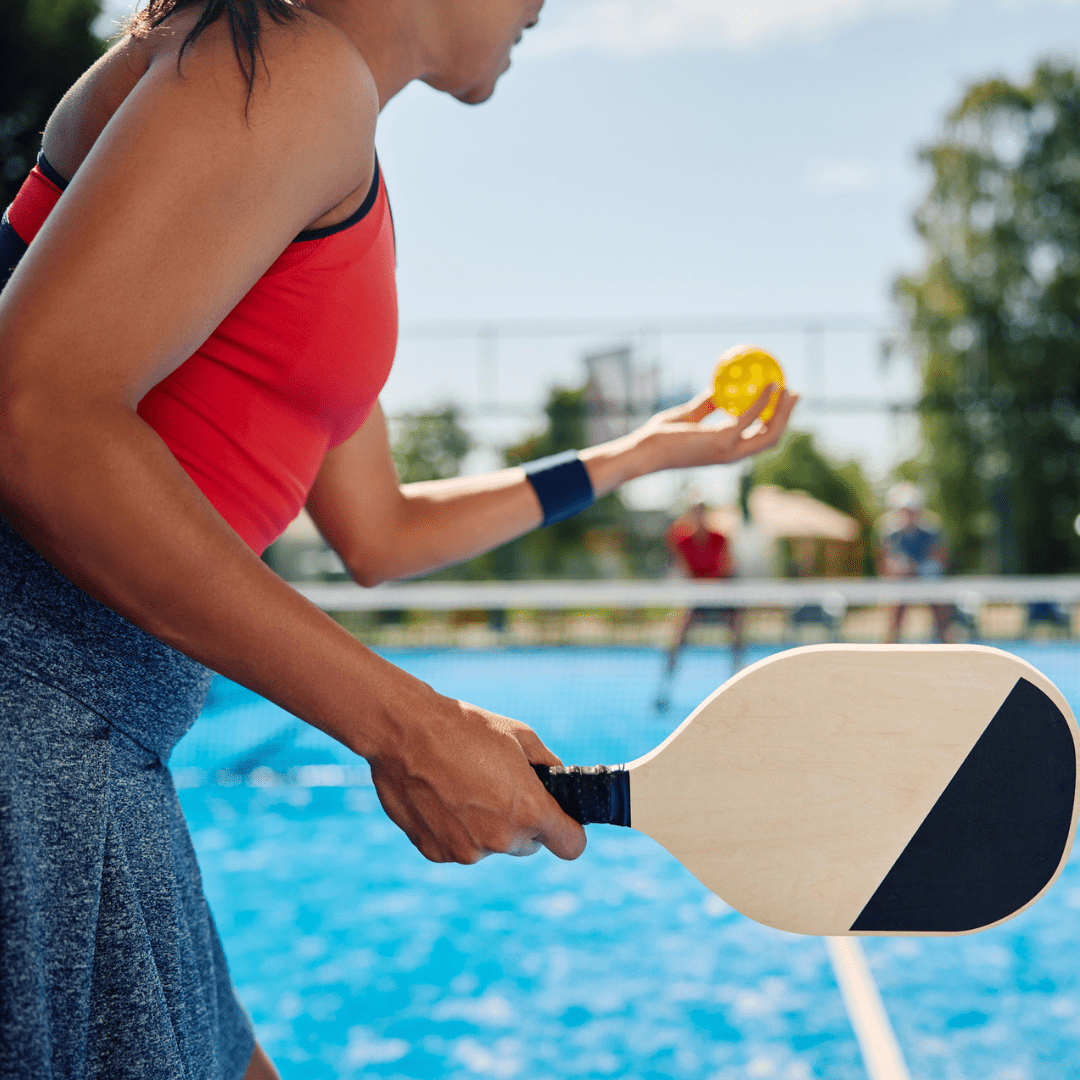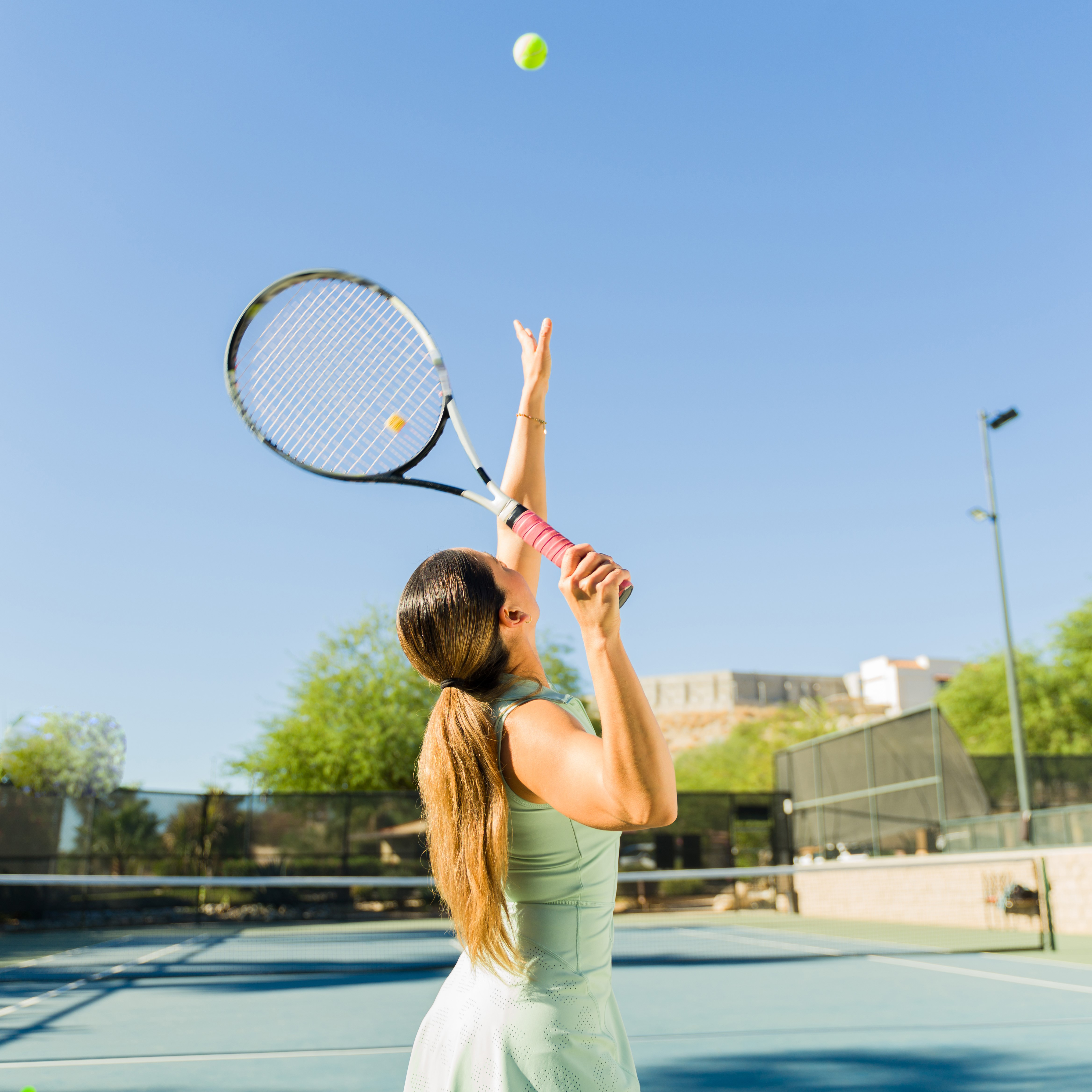
Featured Doctor
David Tuckman, MD
Dr. David Tuckman is a board-certified orthopaedic surgeon at Orthopaedic Associates of Manhasset specializing in surgery of the hand and upper extremity: shoulder, elbow, wrist and hand.
View Profile

Seemingly overnight, pickleball has taken America by storm. This previously little-known sport has become very popular in communities across the country. What is it exactly? It is a mix of tennis, badminton and ping pong. A game is played on a court as singles or doubles using a paddle and a plastic ball with holes.
Every sport or physical activity comes with a risk of injury and pickleball is no exception.
In my practice I have seen an increase in the number of patient visits in the past year due to pickleball injuries. The injuries fall into two categories: overuse and acute trauma. Most patients I see with these injuries are in the older population, whose relatively minor repetitive injuries are more likely to cause injury.
Similar to what can occur in other cutting and pivoting sports (such as tennis), people can have knee or ankle injuries. In the upper body, the most common injuries are rotator cuff tendonitis, bursitis and tennis elbow. These are all overuse injuries. In terms of trauma, hand or wrist fractures can occur.
In pickleball, as with any other form of exercise, it is important to take it slowly, especially when starting out. It is a good idea to keep up with cardiovascular conditioning, especially if you are not used to prolonged physical exertion. I recommend listening to your own body. If you start to experience pain, slow down.
Pickleball can be very addictive, and some people start to play every day, but it is important to incorporate time to warm up and stretch, as well as to recover. Your body has to rest and playing every day does not allow for that.
If you are new to the sport, it is imperative to build up stamina gradually. Start by playing for shorter periods of time and slowly build up your endurance. Play one day, then take off a few days. If you are feeling okay, play again and slowly decrease the time in between games, while always maintaining recovery time. If you start to feel pain in one specific body part, stop playing immediately. It is never smart to push through the pain; that will only exacerbate a potential issue and possibly make it worse.
If you are transitioning from tennis to pickleball, remember that each sport hits individual areas of the body very differently. You may have to adjust not only your skills but also your conditioning regimen to keep your body in top shape.
Because of the nature of pickleball, it is easy to forget that it is an exercise and not just a social event. People may be pushing themselves too hard without fully realizing it.
The good news is that if you experience an overuse injury from pickleball, it can likely be treated non-surgically with modalities such as ice, anti-inflammatory medicine, rest, etc. If you see a specialist early on, most injuries can be treated quickly. Trauma injuries also have to be treated promptly in order to minimize long-term damage. It is important to visit an orthopaedic specialist who has experience treating these types of sports injuries to accurately diagnose and address your conditions.







